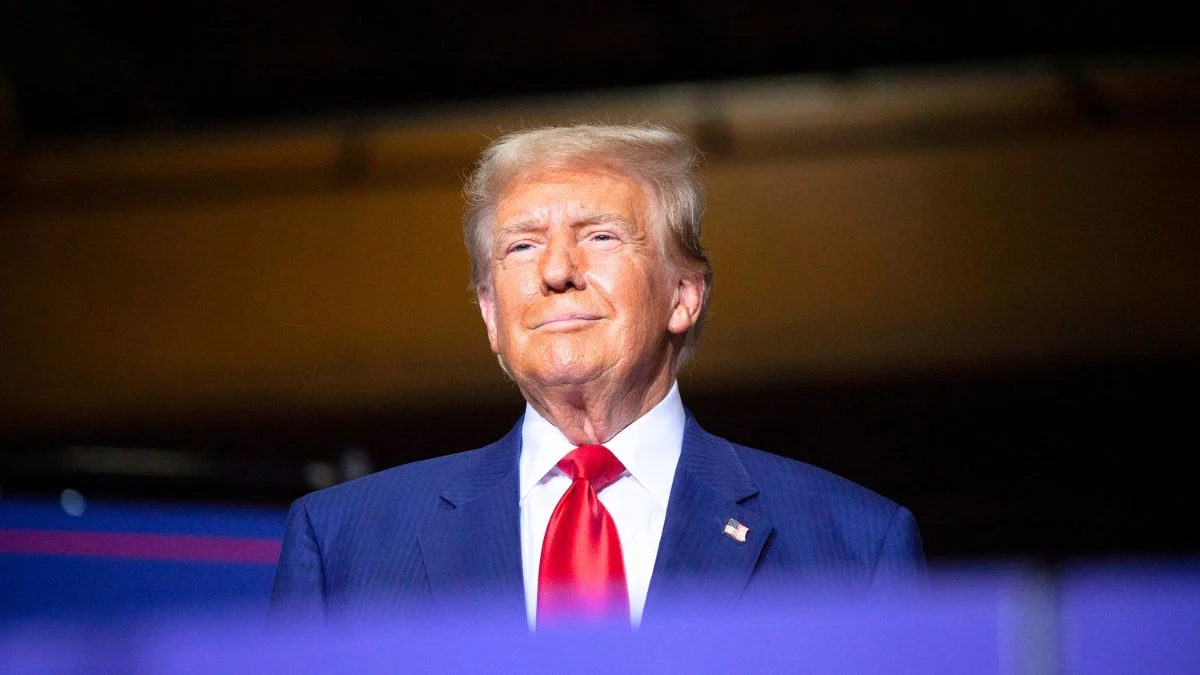Donald Trump’s hush money trial has taken an unexpected turn: Judge Juan Merchan has decided to delay his sentencing.
To recap, Trump was convicted in May 2024 on 34 counts of falsifying business records. The charges relate to a $130,000 payment made to adult film actress Stormy Daniels just before the 2016 election. The payment was allegedly made to keep Daniels quiet about a sexual encounter with Trump. Despite Trump’s denials, a jury found him guilty, but the process doesn’t end there. Judge Merchan is responsible for sentencing Trump, determining the punishment for his crimes.
This trial has become entangled with the current election cycle, where Trump is running against Kamala Harris for president. As a result, Judge Merchan is facing intense pressure and scrutiny from all sides.
On September 6, 2024, Judge Merchan made the controversial decision to push Trump’s sentencing date from September 18, 2024, to November 26, 2024—three weeks after the presidential election. This delay follows a request from Trump’s legal team, who argued that sentencing before the election could unfairly affect voters’ views and the election’s outcome. Judge Merchan’s ruling reflects the unique nature of this case, emphasizing that the focus should remain solely on the jury’s verdict without any outside influences.
Several factors influenced the judge’s decision. First, there are complexities in the case that could complicate the sentencing process. Second, a recent Supreme Court ruling on presidential immunity has added new challenges to the case. Trump’s lawyers have used this ruling to argue for overturning the guilty verdicts, though it’s worth noting that falsifying documents to hide a personal affair doesn’t typically fall under presidential immunity.
Judge Merchan’s decision was also swayed by the Manhattan District Attorney’s office, led by Alvin Bragg, which did not oppose the delay. This lack of objection was seen as support for postponing the sentencing.
As a result of this delay, voters will go to the polls without knowing the potential legal consequences Trump might face if he wins the election while still dealing with his sentencing. This situation highlights the unusual nature of Trump’s conviction and raises questions about how the law handles powerful individuals. It seems that, in this case, the law has adjusted to avoid being a major obstacle to someone as influential as Trump.


